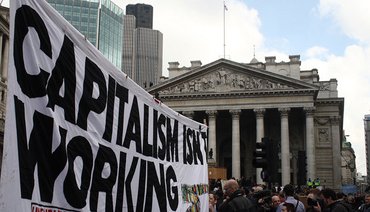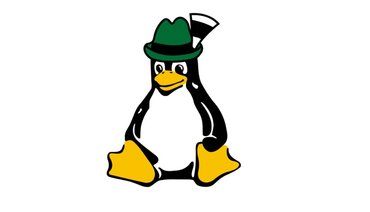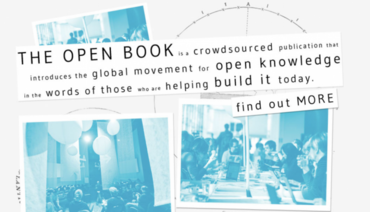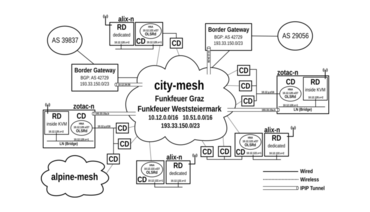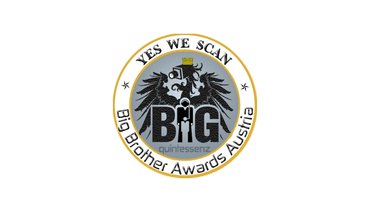Theme Day: Digital Empowerment
New technologies enable free access to data, information and knowledge at virtually no cost. A charge only arises through an artificial scarcity effected through intellectual property rights and patents. Some say, this is necessary so that people with creative work can make a living, and so that businesses can make a profit. Others, however, consider it to be a nonessential and unjustified restriction, and demand free access to all available data and information on the Internet. In the face of this prevailing controversy, we need to ask ourselves some fundamental questions: How do we deal with the abundance of information, and under which circumstances does it actually help us to generate knowledge that will influence our actions?
Governments and corporations are generally more interested to use data in a different way: „Big Brother“ seems harmless compared to Prism, Tempora or Google. The collection of data and monitoring of Internet traffic, however, is only possible because the present Internet infrastructure allows it: e-mails and other data travels unencrypted over most central network nodes. The development and expansion of alternative, democratically designed infrastructures for communications and for the exchange of intangible goods, is therefore of utmost importance – especially in view of the increasingly mobile Internet use. What basic ideas and visions for decentralized and egalitarian communication systems that do not infringe on human rights exist today? Do we require a precisely defined human right to communication? Which rights do we assign our digital identities?
Friday, 25.Oct
Friday, 25.Oct
Forum Stadtpark |
|
|---|---|
| 09:30-11:30 | workshop none none none none Commons-based peer production |
| 12:00-13:30 | lecture none none none none Linux, Apache, Firefox, Git, ... |
| 14:00-16:00 | discussion none none none none Knowledge is Power, Open Knowledge is Empowerment |
| 17:00-19:00 | discussion none none none none Democratizing Networked Communication |
| 20:00-22:00 | film show none none none Big Brother Awards Gala 2013 |
